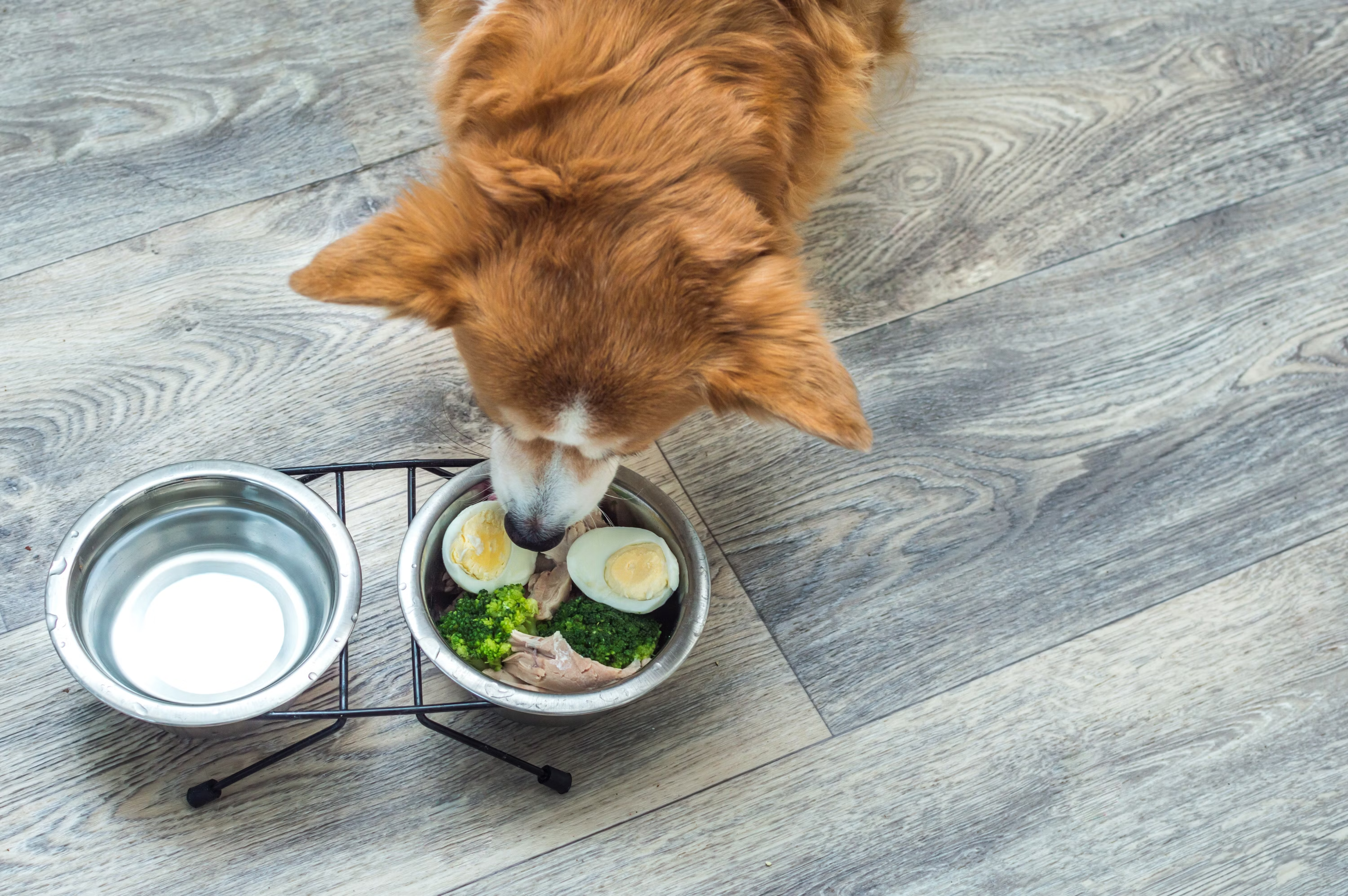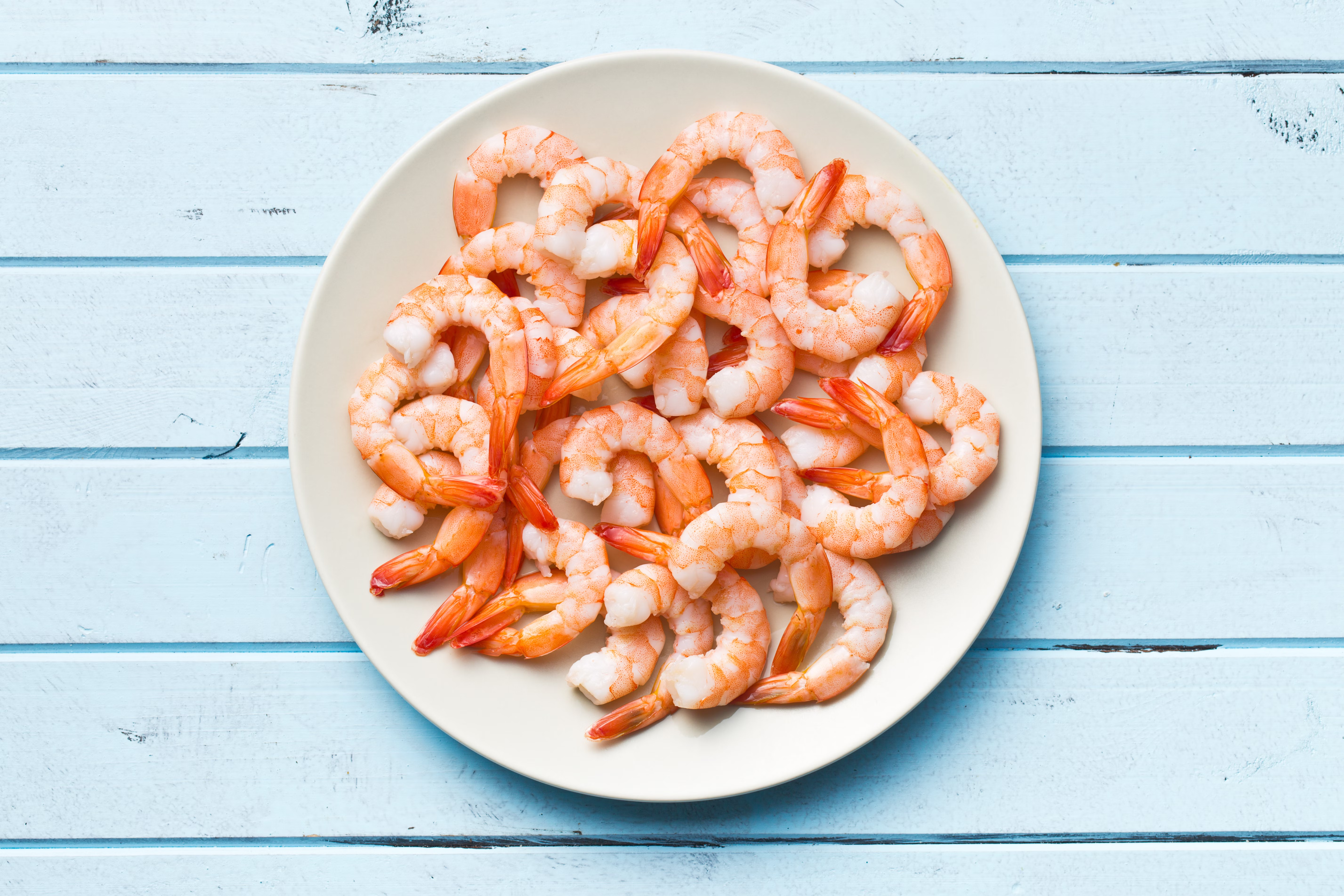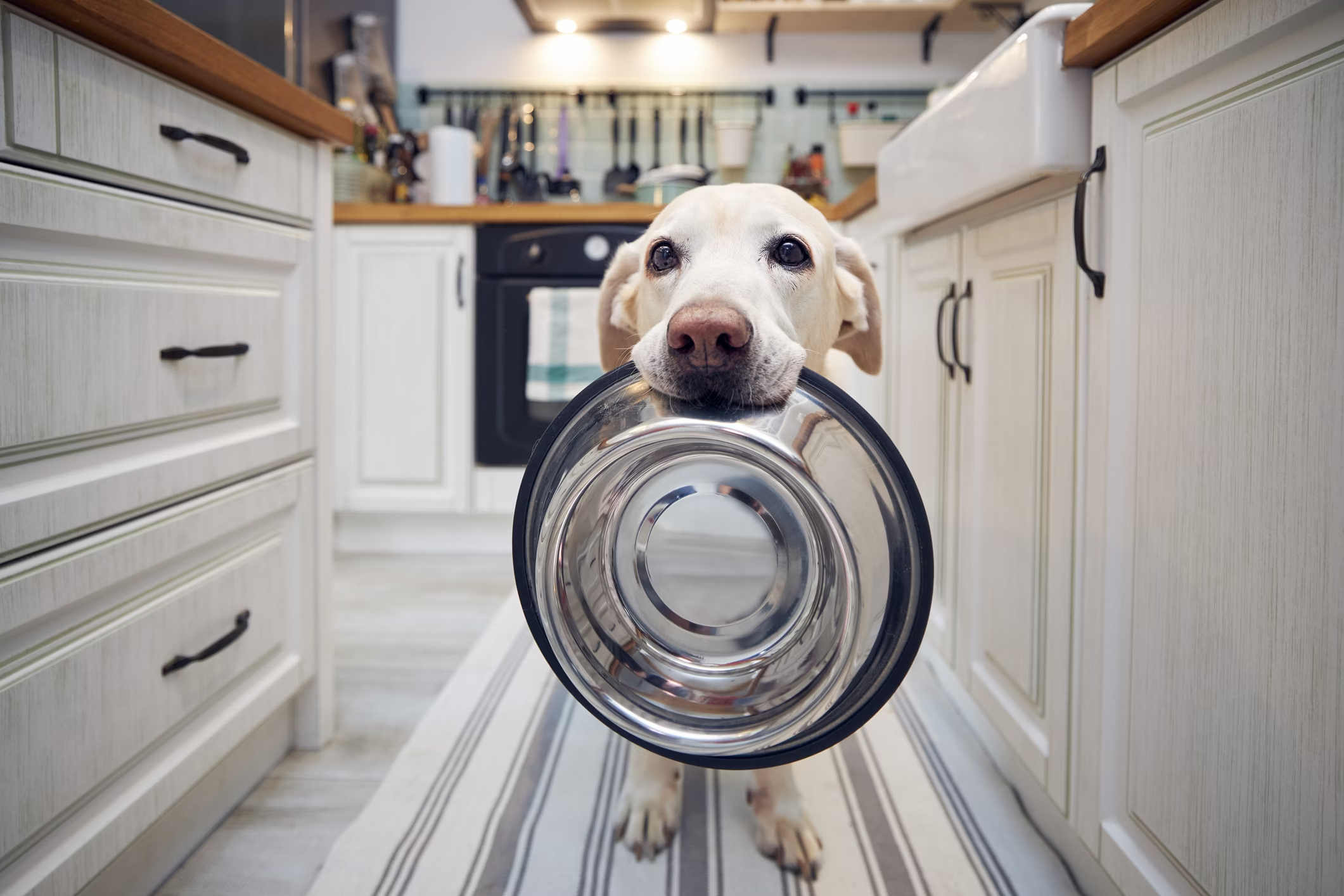Despite their carnivorous wolf ancestors, a dog’s diet can include a mix of food from both animal and plant sources. That’s because as dogs domesticated and began living their lives alongside humans, their digestive systems evolved to handle processing a wider variety of foods. One of the foods many pet parents consider giving their pups is eggs, which begs the question, are eggs safe for dogs?
The short answer is yes, but there are caveats. Read on for more detailed info on the health benefits and potential watch-outs when dogs eat eggs.
Are eggs safe for dogs?
Yes, cooked eggs are generally safe for dogs and can be a great source of nutrients. Eggs contain high-quality protein and essential amino acids that help support muscle development and repair. They also provide a variety of vitamins and minerals, including:
- Vitamin A, which supports healthy skin and vision
- Vitamin D, which aids calcium absorption and bone strength
- B vitamins like B12 and riboflavin, which are important for metabolism and energy
- Iron and selenium, which play key roles in immune health
In moderation, eggs can make a tasty and nutritious snack or meal topper. For dogs that need a little extra encouragement to eat or require additional protein due to activity level or age, cooked eggs can be an easy way to enhance their meals when used to complement their regular diet.

Cooked vs. raw eggs for dogs
While raw diets have become more popular in recent years, the safest approach is to feed eggs cooked rather than raw. Here’s why:
- Safety concerns: Raw eggs can carry bacteria such as Salmonella, which may cause stomach upset in dogs. Even if your dog doesn’t show signs of illness, they could shed the bacteria in their stool, increasing the risk of transmission. Campylobacter is also a concern that, though not an extremely serious infection in dogs, can be passed to humans through a dog’s feces.
- Digestibility: Cooking eggs makes the proteins easier for your dog’s body to digest and absorb.
How to feed eggs safely
It’s always smart to check with your veterinarian before adding new foods to your pet’s diet. They can assess your pet’s health status and help you determine if the nutrient profile of the food you’re adding is a benefit or a risk. If eggs are deemed appropriate for your dog, here are some guidelines for preparation and serving.
- Boiled eggs: These are easy to cook and store. You can offer them sliced as a topper for kibble or as bite-sized treats.
- Scrambled eggs: Cook plain eggs in a nonstick pan without butter, oil, or seasonings. Scrambled eggs can be mixed into your dog’s food for a little extra flavor and protein.
- Poached eggs: This is another good option that keeps the egg soft without added fat.
When it comes to portion size, moderation is key.
- Small dogs: Serve about ¼ to ½ of a cooked egg a few times per week.
- Medium dogs: Serve ½ to 1 egg.
- Large dogs: Serve up to 1 full egg.
Dogs rarely struggle with high cholesterol, and it’s almost always secondary to another condition, so there’s no need to worry about the cholesterol in eggs. However, because eggs are calorie-dense, it’s best to adjust your dog’s regular food slightly to avoid overfeeding. Treats, including eggs, should make up no more than 10% of your dog’s total daily calories.

Can dogs eat eggshells?
Eggshells are rich in highly bioavailable calcium carbonate, which helps maintain strong bones and teeth. However, not all dogs need additional calcium in their diet, and over-consumption of this nutrient can have adverse effects. Once again, before supplementing your pup’s diet with eggshells, talk with your veterinarian about any specific nutritional concerns. If you get the green light to add eggshells into the mix, keep these safety considerations in mind.
- Whole shells: Feeding large pieces of shell can pose a risk of injury to the mouth, throat, or digestive tract.
- Crushed or powdered shells: If you want to add eggshells for calcium, they should be finely crushed or ground into a powder. This makes them safer and easier for your dog to digest.
- Sanitization: Boiling or baking the eggshells and thoroughly drying them before grinding will eliminate risk of pathogens.
Are eggs good for dogs with special diets?
Eggs can be beneficial for dogs that need extra protein, such as active or working breeds, puppies, nursing mothers, or seniors. However, for dogs prone to certain conditions, like pancreatitis, eggs may not be ideal. Their fat content may trigger digestive upset in sensitive dogs.
Eggs also may not be a good choice for dogs with chronic kidney disease that typically benefit from a reduced-protein diet. The decision to feed your dog eggs should be based on a joint discussion with your dog’s veterinarian about their unique needs and health status.
Are eggs included in dog food?
Many commercial dog foods already contain eggs or egg-based ingredients because they’re a highly digestible source of protein. Some recipes use dried egg product or egg powder to boost nutritional value. If you’re already feeding a complete and balanced diet that includes eggs, you may not need to supplement with additional fresh eggs.
Final thoughts
For most dogs, eggs are a nutritious and safe way to add variety to their diet. They offer high-quality protein, essential amino acids, and important vitamins and minerals. Just remember to serve them cooked, plain, and in moderation.
And before making eggs (or any new food) a regular part of your dog’s routine, check with your veterinarian to make sure they fit your pup’s individual nutritional needs.



